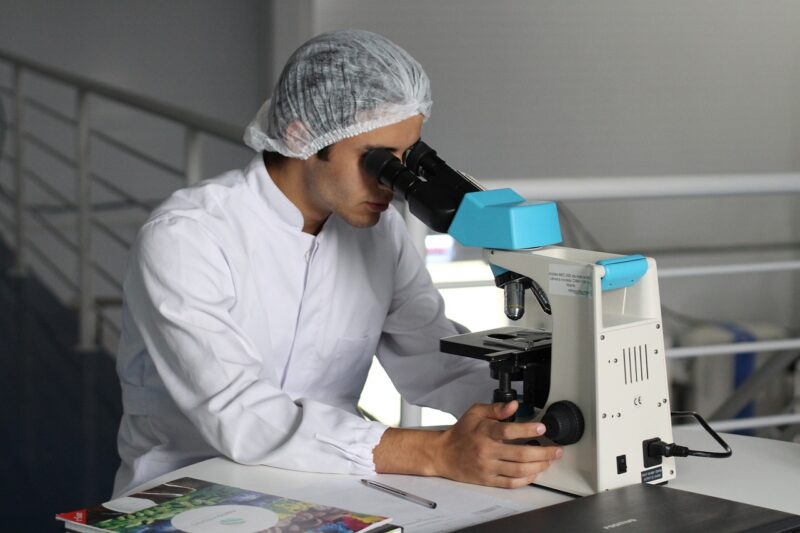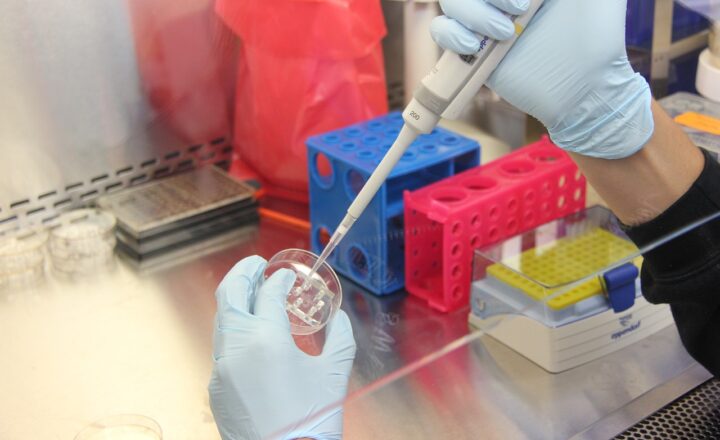
Science has redefined our understanding of the universe and improved our quality of life. Throughout history, numerous scientists have made groundbreaking discoveries that have shaped the path of human civilization. In this article, we’ll take a closer look at ten of the most famous scientists, their significant contributions, and how their work continues to influence our lives today.
1. Albert Einstein (1879-1955)
Albert Einstein is perhaps the most recognized name in the world of science. He is best known for his theory of relativity, which transformed our understanding of space, time, and gravity. His famous equation, E=mc², reveals the relationship between energy (E) and mass (m), with c representing the speed of light in a vacuum.
Einstein’s work laid the foundations for modern physics and contributed to advancements in fields such as nuclear energy and cosmology. The implications of his theories have been profound, leading to innovations in technology, from GPS to nuclear medicine.
2. Isaac Newton (1642-1727)
Sir Isaac Newton is often hailed as the father of classical mechanics. His seminal work, “Philosophiæ Naturalis Principia Mathematica,” introduced the laws of motion and universal gravitation. Newton’s laws describe the motion of objects and are foundational to physics.
Among his contributions, the three laws of motion are paramount:
- An object at rest stays at rest unless acted upon by a force.
- The force acting on an object equals its mass times acceleration (F=ma).
- For every action, there is an equal and opposite reaction.
These principles are used in engineering, astronomy, and numerous other fields, demonstrating the vast implications of Newton’s work.
3. Marie Curie (1867-1934)
A pioneer in the study of radioactivity, Marie Curie was the first woman to win a Nobel Prize and remains the only person to win Nobel Prizes in two different scientific fields—Physics and Chemistry. Her groundbreaking research with her husband, Pierre Curie, led to the discovery of the elements polonium and radium.
Curie’s work had far-reaching consequences for medicine, including advancements in cancer treatment through radiation therapy. Her legacy also paved the way for women in science and continues to inspire future generations of scientists.
4. Charles Darwin (1809-1882)
Charles Darwin is best known for his theory of evolution through natural selection, as articulated in his 1859 book, “On the Origin of Species.” Darwin’s observations during his expedition on the HMS Beagle led him to understand how species adapt to their environment over generations.
His work has irrevocably changed the way we think about biology, genetics, and the development of life on Earth. Darwin’s theory remains a cornerstone of modern biological sciences.
5. Nikola Tesla (1856-1943)
Nikola Tesla was a visionary inventor and electrical engineer whose work laid the foundations for modern alternating current (AC) electricity supply systems. His inventions, such as the Tesla coil and AC motor, revolutionized how energy is generated and transmitted.
Tesla’s contributions to electricity and magnetism are critical for a wide array of technologies, including power generation, wireless communication, and so much of the technology we take for granted today.
6. Galileo Galilei (1564-1642)
Often referred to as the father of modern observational astronomy, Galileo made significant advancements in the methods of scientific inquiry. He improved the telescope and made pivotal discoveries, including the four largest moons of Jupiter, which are now known as the Galilean moons.
Galileo’s advocacy for heliocentrism— the idea that the Earth orbits the Sun—marked a turning point in scientific thought. His work laid foundations for both physics and astronomy.
7. Stephen Hawking (1942-2018)
Stephen Hawking was a theoretical physicist known for his work on black holes and the nature of the universe. His groundbreaking book, “A Brief History of Time,” made complex scientific concepts accessible to the general public and sparked widespread interest in astrophysics.
Hawking’s remarkable contributions include the discovery of Hawking radiation, which provides insight into the behavior of black holes and the essence of space-time. His work continues to influence cosmology and quantum mechanics.
8. Louis Pasteur (1822-1895)
Louis Pasteur was a pioneer of microbiology and immunology. He is best known for developing the germ theory of disease, a major advancement in understanding infection and disease prevention.
Pasteur’s work on vaccination, particularly with rabies, laid the groundwork for vaccine development worldwide. He significantly impacted public health and sanitation improvements that have saved countless lives.
9. Johannes Kepler (1571-1630)
Johannes Kepler made significant contributions to astronomy, particularly his laws of planetary motion. His work helped to prove that planets move in elliptical orbits rather than perfect circles, changing the understanding of celestial mechanics.
Kepler’s laws became a vital part of Newton’s laws of motion, demonstrating the interconnectedness of their findings and further advancing the scientific revolution.
10. Richard Feynman (1918-1988)
Richard Feynman was an influential theoretical physicist who contributed to the development of quantum mechanics and particle physics. His famous Feynman diagrams provided a visual representation of particle interactions and revolutionized how physicists understand particle behavior.
Not just a brilliant physicist, Feynman was also a gifted teacher and communicator, known for simplifying complex ideas and inspiring a love for science in others.
Conclusion
The contributions of these ten scientists have not only shaped the course of science but also had profound societal impacts. From insights about the cosmos and the laws of physics to the development of life-saving medical treatments, their legacies endure in the ongoing quest for knowledge and understanding. By recognizing and honoring their achievements, we can continue to be inspired to explore, question, and innovate in the world of science.








